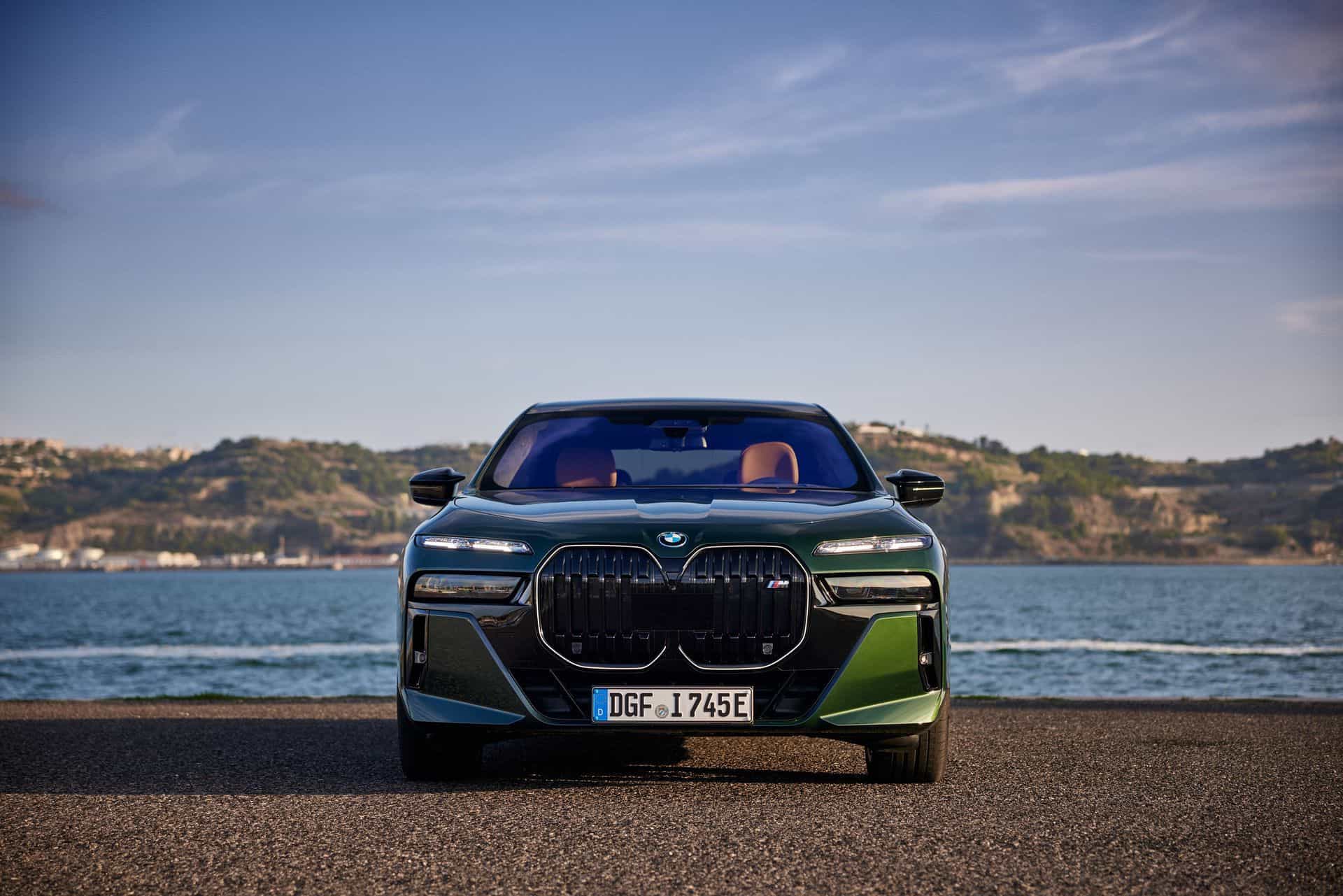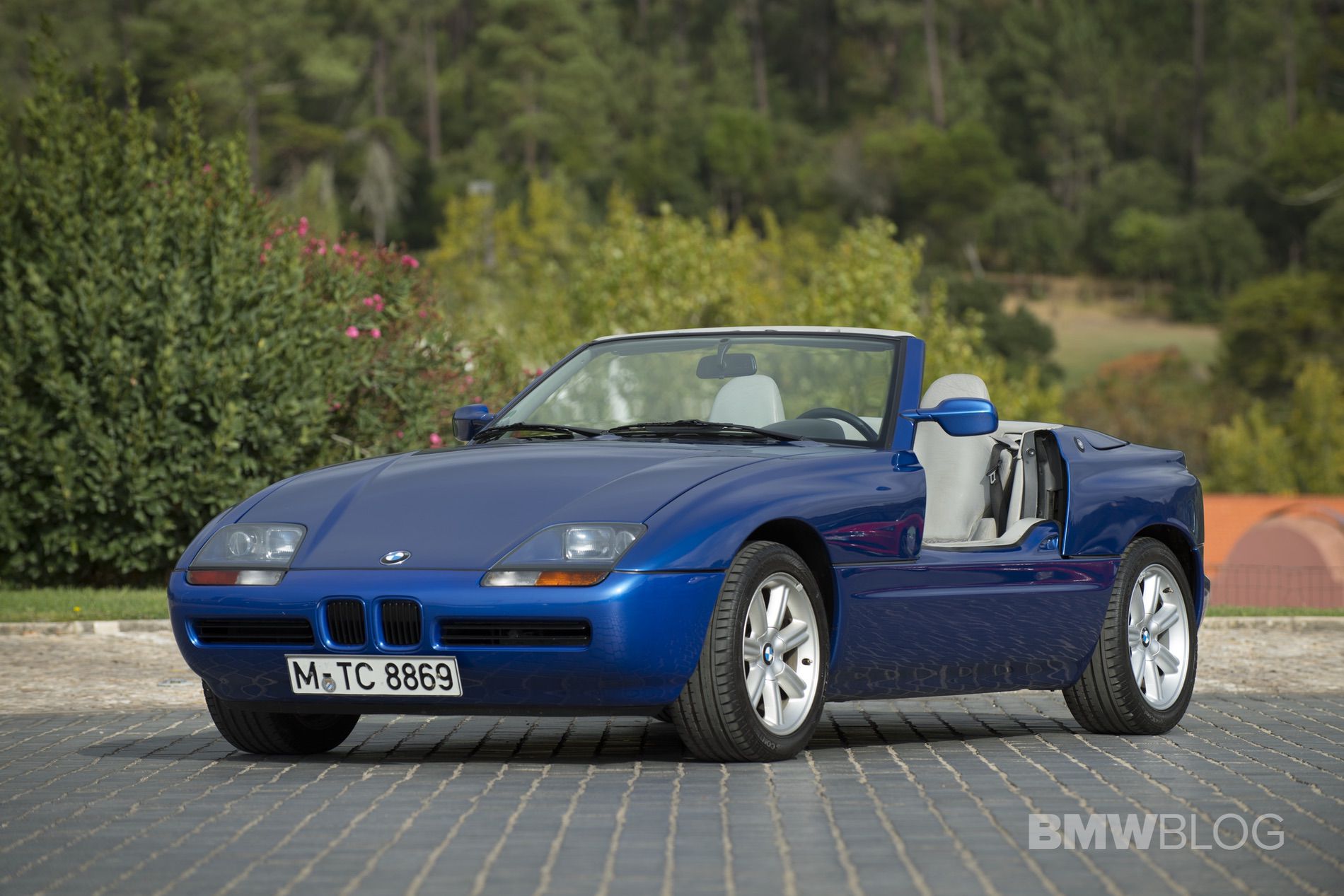BMW’s partnership with Momenta is about to show up in a production car. Both companies confirmed today that their jointly developed intelligent-driving system will debut in the next-generation BMW iX3 built in China, with mass production starting in 2026.
This will be the first BMW model to run Momenta’s end-to-end “flywheel” stack—a large neural-network model that handles perception, planning, and control in one flow. Instead of separate modules passing information back and forth, the system reads the environment, makes decisions, and executes them through a unified architecture. It’s the kind of setup that makes more sense in China, where traffic behavior can shift quickly and rules don’t always predict how people actually drive.
A China-Specific Architecture Built on Momenta’s “Flywheel” Model
The China-built iX3 will take a different path from the global version. In Europe, the Neue Klasse iX3 will launch with BMW’s latest Level 2+ driver-assistance capabilities: hands-on but highly automated, especially on highways. Industry insiders expect the China version to go a step further. With Momenta’s stack underneath, it’s being described by sources as “Level 2++.”
BMW and Momenta have joint engineering teams working across Beijing, Shanghai, Shenyang, and Nanjing, tuning the system to match local conditions. Beijing’s dense ring roads, Shanghai’s multi-layer expressways, Shenyang’s winters, and Nanjing’s tight urban neighborhoods all feed directly into calibration work.
The real testing footprint is far larger. BMW says the system is being validated against more than 100 million kilometers of simulation, layered on top of large-scale road testing conducted under BMW’s global safety standards. High-frequency scenarios, unpredictable maneuvers, and rare edge cases are all being built into the loop.
How the China Version Goes Beyond Europe’s Level 2+ System
Momenta’s involvement is central to how this system works. The company is one of China’s few true full-stack autonomous-driving players, operating under a “one flywheel, two legs” strategy: mass-produced L2/L2+ systems on one side, and data-driven L4 research on the other. The BMW program feeds directly into that model. BMW’s contribution focuses on safety oversight, driver interaction logic, and tuning that keeps the car’s behavior predictable and consistent. The goal isn’t to automate everything—it’s to build a system that feels natural and trustworthy to someone driving in China every day.
Production of the China-specific Neue Klasse iX3 begins at BMW Brilliance’s Shenyang facility in 2026, with the market launch and global debut happening later that year. Deliveries in China are expected to start in the summer of 2026. BMW has already said the China variant will have features tailored specifically for the market, including BMW’s custom LLM developed with Alibaba and the more advanced driving-assistance system co-developed with Momenta.
Once it launches, this Momenta-powered stack won’t be limited to one model. BMW plans to expand it to additional China-built vehicles. The company now joins Mercedes-Benz, Toyota, and Nissan in partnering with Momenta—another sign that global automakers are adapting quickly to China’s pace in intelligent driving, and no longer relying on simply porting over global systems after the fact.


























































